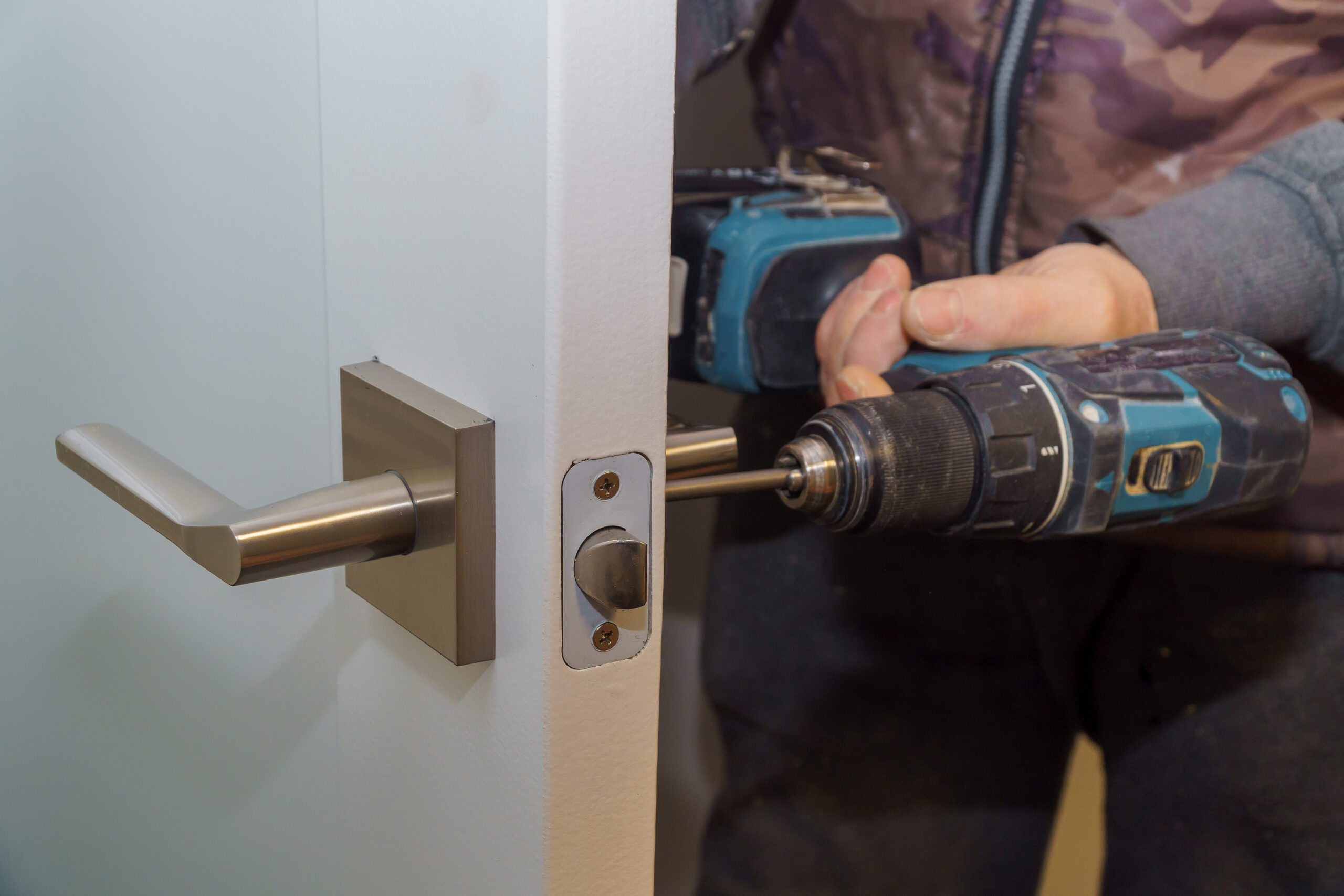Door Replacement vs. Repair: A Cost-Benefit Analysis
Commercial doors serve as crucial components of any business, providing security, accessibility, and energy efficiency. When these doors become damaged, it’s essential to assess whether repair or replacement is the most cost-effective and efficient option. This article delves into the factors that influence the decision-making process, helping businesses make informed choices regarding their commercial doors.
Factors Affecting the Cost of Door Repair
The cost of repairing a commercial door varies depending on several factors:
- Extent of Damage: Minor repairs, such as fixing hinges or replacing weatherstripping, are generally less expensive than extensive damage, like replacing the door frame or repairing a broken pane of glass.
- Door Material: Repairing wooden doors may involve more labor-intensive tasks like sanding, filling, and repainting, compared to metal or fiberglass doors.
- Accessibility: Doors located in difficult-to-reach areas may require additional labor costs for access and removal.
- Age of the Door: Older doors may have components that are no longer readily available, increasing repair costs.
Factors Affecting the Cost of Door Replacement
The cost of replacing a commercial door is influenced by:
- Door Material: The new door’s materials, such as wood, metal, or fiberglass, will significantly impact the cost.
- Size and Style: Larger and more complex door designs, including those with intricate detailing or custom features, will be more expensive.
- Installation Costs: The labor costs associated with removing the old door and installing the new one can vary depending on the complexity of the installation and the location of the door.
- Additional Features: Features like security hardware, energy-efficient glass, or automatic openers will increase the overall cost.
Cost Comparison
In general, repairing a damaged commercial door is often less expensive than replacing it. However, if the damage is extensive or the door is nearing the end of its lifespan, replacement may be the more cost-effective option in the long run.
When to Repair:
- Minor Damage: If the damage is relatively minor and can be repaired without significant effort or expense, it may be more cost-effective to fix the door.
- Older Doors: If the door is older but still in good condition, repairing it can be a viable option to extend its lifespan.
- Cost-Effectiveness: If the repair cost is significantly lower than the cost of replacement, and the repair is expected to be durable, it may be the preferred choice.
When to Replace:
- Extensive Damage: If the damage is so severe that it compromises the door’s structural integrity or safety, replacement is necessary.
- Energy Inefficiency: If the door is outdated and no longer provides adequate insulation or energy efficiency, replacing it can result in significant cost savings.
- Aesthetics: If the door’s appearance is outdated or no longer aligns with the building’s overall aesthetic, a replacement can improve the building’s curb appeal.
- Security Concerns: If the door’s security features are inadequate or outdated, replacing it with a more secure model can help protect your business.
Read More: Choosing the Right Commercial Door for Your Business: A Comprehensive Guide
Additional Considerations
Beyond the immediate cost, it’s essential to consider the long-term benefits and costs associated with repair or replacement:
- Energy Efficiency: Newer doors often incorporate energy-efficient materials and features that can reduce energy consumption and lower utility bills.
- Security: Modern doors with advanced security features can enhance the safety of your business and its occupants.
- Durability: Well-constructed doors can provide many years of service, potentially offsetting the initial cost of replacement.
- Aesthetics: A visually appealing door can enhance the overall appearance of your building and create a positive impression on customers.
The decision to repair or replace a commercial door depends on several factors, including the extent of damage, the cost of repair or replacement, and the long-term benefits. By carefully evaluating these factors, businesses can make informed decisions that maximize their investment and ensure the continued functionality and security of their commercial doors.
If you’re facing a decision about whether to repair or replace your commercial doors, consider consulting with one of our professionals. We can assess the condition of your doors, provide expert advice, and offer competitive pricing for both repair and replacement options.

